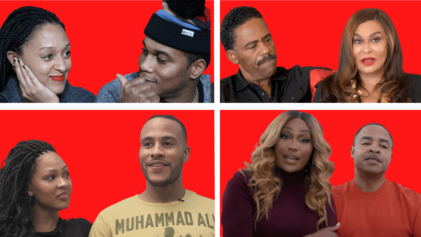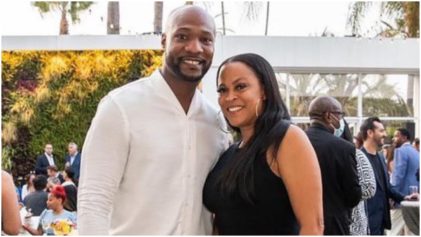
The major problem with any relationship column randomly dishing love advice for all singles looking for love or couples in turmoil is that every pair and every person is unique.
That’s something Sherry Amatenstein, a journalist and author who has also spent eight years as a couple’s therapist, acknowledges, but even then she says there are some universal bits of advice that will always apply to all romantic hopefuls.
One of the most vital pieces of advice Amatenstein shared in a recent post for Vox was the misconception that another person can eliminate someone’s sense of loneliness.
Many single men and women will rush into a relationship when they start feeling lonely, and they often do so with good intentions.
The problem is, according to Amatenstein, that those feelings of loneliness lead to an overwhelming sense of dependence within the relationship.
She shared the story of one couple, who she referred to as Sarah and Dave, who were madly in love but were faced with one serious issue — Sarah was driving Dave mad.
“Not surprisingly, Dave finds the weight of Sarah’s needs suffocating,” she wrote of the couple. “ ‘When I come home she’s all over me to talk, kiss, listen to the minutiae of her day… I love her but it’s a lot of pressure to constantly have to provide entertainment.’ ”
Instead of trying to fill a void with a significant other, Amatenstein says people should focus on embracing and accepting the idea that, by nature, we are all meant ultimately to be alone.
“We’re born alone; we die alone,” she continued. “Sounds bleak, but it’s real. We need to embrace those feelings, to sit with the discomfort and ask, ‘What are these feelings of emptiness trying to teach me?’ ”
She also strongly advised against anyone changing too much of who they are to please their partner, explaining that many times a partner will only want their significant other to undergo a lot of changes if they are insecure about themselves.
“When someone is secure, there’s no desire to make a partner jump through hoops,” she explained. “And anyone with good self-esteem will refuse to jump through hoops for a partner, if doing so will feel demeaning.”
It’s one of the key reasons she always reminds people not to “underestimate their own self-worth.”
“Growing up, we are taught the alphabet, how to do fractions, and to dress in layers when it’s cold outside,” she explained. “Alas, it is not part of Common Core to ensure students learn to value their own company. Until you can look in the mirror, say and mean, ‘Hello, gorgeous, you are a damn fine human being,’ you are at risk of being overly dependent on other people for validation.”
One key rule that she pointed out is an extremely simple one and one that everybody knows but few people follow —keep those impulsive, hurtful comments to yourself.
When couples are in the heat of an argument, it is far too common for one half of the happy whole to throw out hurtful statements just to get under their partner’s skin.
While it’s an impulsive decision made in a split second, it has the potential to leave permanent scars on the relationship.
Amatenstein says that people shouldn’t be afraid to tell their partner that they just need some space to calm down before continuing an emotional conversation.
“If necessary, in the throes of an outburst, you can say to the party you’re about to unload on: ‘I need to leave the room until I get control of myself,’” she writes.
Other key truths she said all couples and hopeful romantics should remember are that truly happy couples are on the same page about the expectations for marriage and that couples must be allowed to not only evolve together but separately as individuals as well.
Perhaps the biggest relationship truth, however, is the necessity of compromising.
“The easiest way to ruin a relationship: insisting on your own way,” Amatenstein writes. “Ask yourself, ‘Would I rather win every argument or be in a happy relationship?’ ”
It’s one of the hardest things to deal with in a relationship, but it’s also completely necessary, according to Amatenstein.
“Developing empathy for why a partner feels the way he or she does goes a long way toward melting self-righteousness,” she writes.
In the midst of all these truths, Amatenstein says there is one thing that connects them all—dealing with negative energy.
She explained that, “Releasing the immense amount of negative energy necessary to keep anger alive allows for a glorious spaciousness to open in a partnership.”


